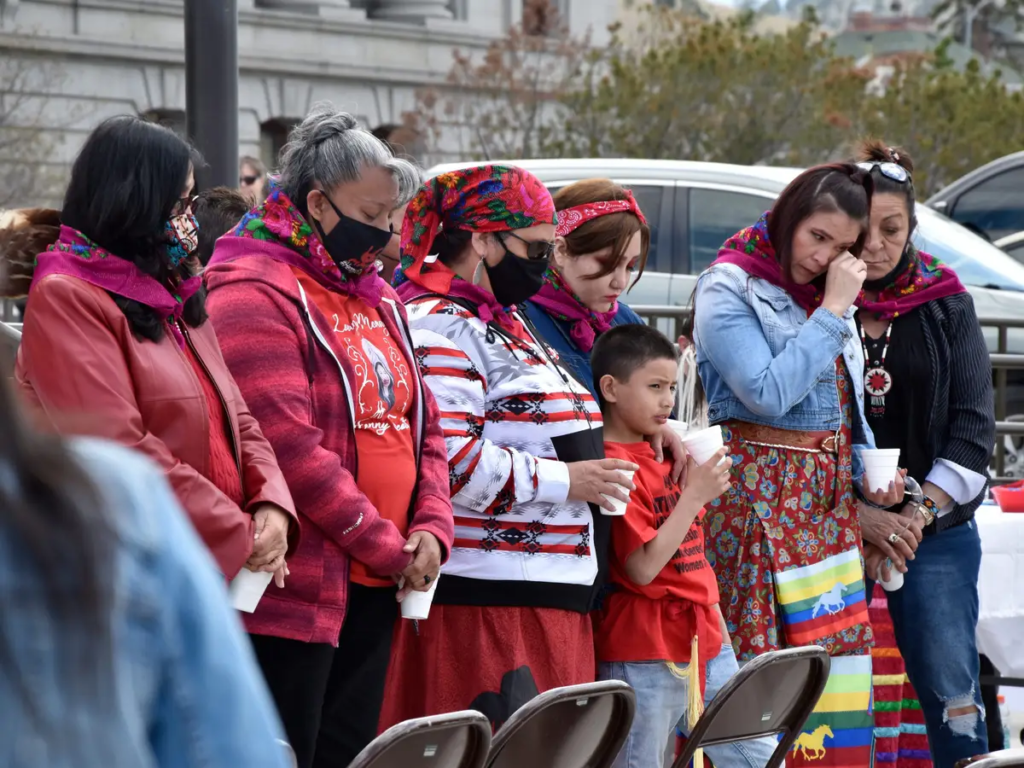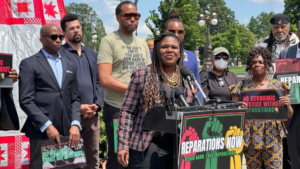The disappearance of Gabby Petito launched a social media frenzy and nonstop media coverage since she was reported missing, possibly from the state of Wyoming, where she and her boyfriend Brian Laundrie were said to be visiting Grand Teton National Park.
But hundreds of cases of Indigenous people reported missing in the exact same state over the past decade have not been met with the same furor.
At least 710 Indigenous people, mostly girls, went missing in Wyoming from 2011 to 2020, according to a January report published by the state’s Missing and Murdered Indigenous People Task Force. The vast majority, 85%, were kids, while 57% were female.
The report found 50% of missing Indigenous people are found within one week, while 21% remain missing for 30 days or longer. Only 11% of white people remain missing for that long, according to the report.
Petito, a 22-year-old white woman from New York, was reported missing on September 11. Her family had last spoken on the phone with her on August 24, when she told them she and Laundrie were headed to Wyoming to visit Grand Teton.
Since the search for her began last week, some efforts have been focused on the national park, which is located less than two hours northwest of the Wind River Indian Reservation.

Wind River is the only reservation in the state, home to thousands of Shoshone and Arapaho Indians, but the report found Indigenous people have been reported missing in 22 out of the state’s 23 counties, making it a state-wide problem.
The report also looked at media coverage, finding only 30% of Indigenous homicide victims made the news, compared to 51% of white victims.
When the murders of Indigenous people were covered, the news reports were “overly graphic” compared to white people, Wyoming Survey and Analysis Research Scientist Emily Grant, who worked on the report, told WPR.
The missing and murdered Indigenous persons movement has received increased attention in recent years. Wyoming Gov. Mark Gordon established the Missing and Murdered Indigenous Persons Task Force in 2019 after being pressured by advocates to address the problem.
In 2020, he signed legislation aimed at improving data collection of missing and murdered people. The bill also required officials to provide law enforcement with training on cases that involve Indigenous people and mandated cooperation among law enforcement agencies.




